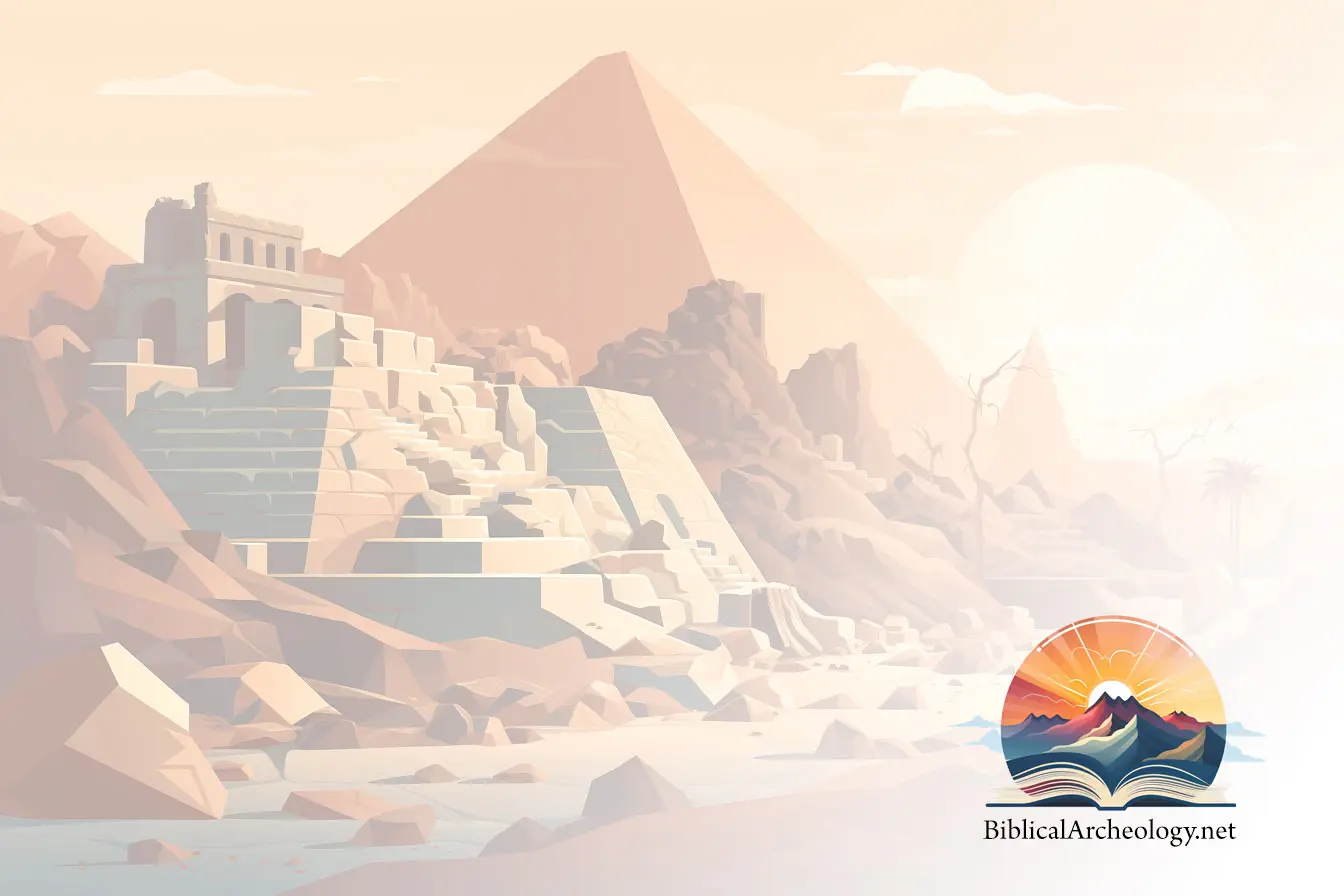| Study Bible, Theology, Ministry Masters and Doctoral Diplomas in Trinity School of Apologetics and Theology — A Bible School and Seminary With a Difference! |
Archeology Course 2, Lesson 4
Post Excavation Activities
In archaeology once the archaeological record of given site has been excavated, or collected from surface surveys, it is necessary to gain as much data as possible and organize it into a coherent body of information. This process is known as post excavation analysis, and is normally the most time-consuming part of the archaeological investigation. It is not uncommon for the final excavation reports on major sites to take years to be published.
At its most basic, the artifacts found are cleaned, catalogued and compared to published collections, in order to classify them typologically and to identify other sites with similar artifact assemblages. However, a much more comprehensive range of analytical techniques are available through archaeological science, meaning that artifacts can be dated and their compositions examined. The bones, plants and pollen collected from a site can all be analysed (using the techniques of zooarchaeology, paleoethnobotany, and palynology), while any texts can usually be deciphered.
These techniques frequently provide information that would not otherwise be known and therefore contribute greatly to the understanding of a site.
Post excavation analysis of the stratigraphic sequence: Since the end of world war two there has been a growing understanding and consensus that good practice treats all the deposits and layers of the site representing a history of activity as discoveries of importance on par with artifact and structures. One task of post excavation work will be to examine this recorded sequence of deposits and contexts by stratigraphic analysis aided by the sites’ Harris matrix. This role is usually undertaken by the senior archaeologist who was in charge of the site as his anecdotal knowledge is invaluable to interpret the information and help logically phase contexts into patterns of changing land use.
To support this task a different matrix may be created “post ex” called a plan matrix by overlaying Single context plans. This plan matrix is often compared to the Harris context matrix for discrepancies and insights. During this process other post excavation disciplines will be brought to bear on the constantly refining model of the sequence to test its validity, mainly using dating evidence cross referenced with a phased model of the site. The goal at this stage is produce a solid dependable body of data and identify areas of the sequence that are less understood of have a higher degree of error so poorly supported or false conclusions are not drawn from unreliable data. Once this is achieved to a satisfactory level this model is available to support other disciplines concerned with information and artifacts gathered during excavation.
Post excavation bone washing
Post excavation bone washing
Finds processing: Following excavation all the artifacts recovered must be cleaned and catalogued in some archive. this work involves disciplines form archaeological science and conservation techniques. [GFDL Article and Copyright]


